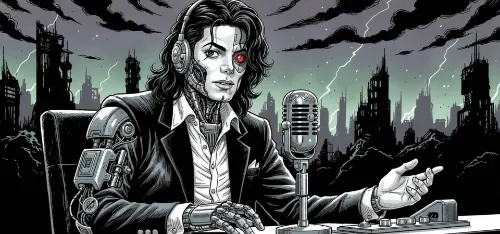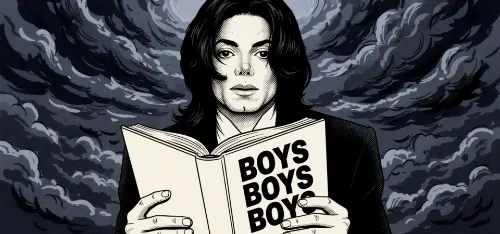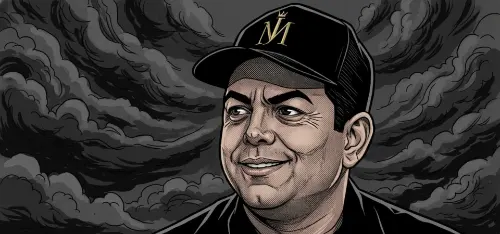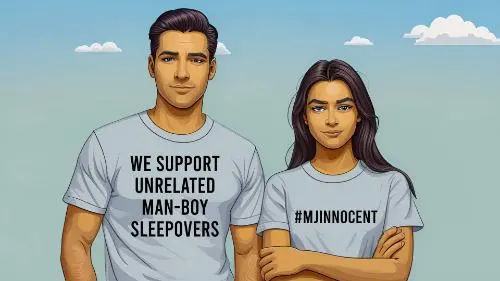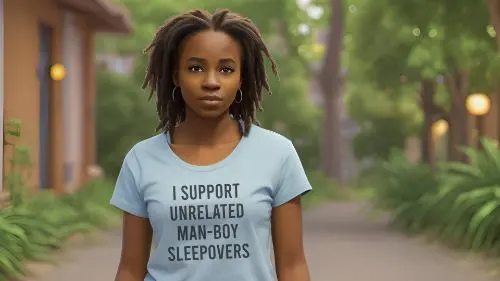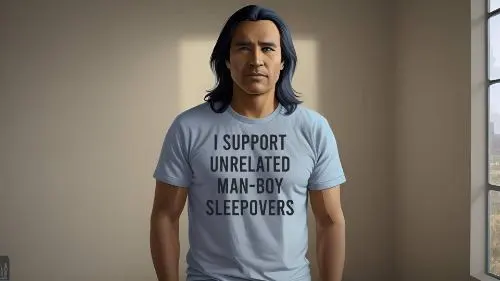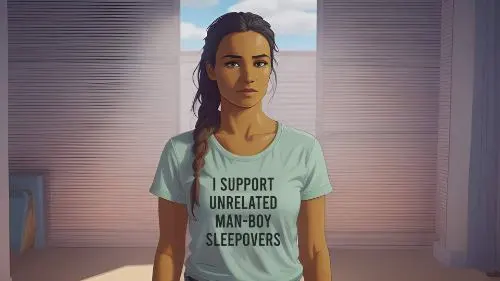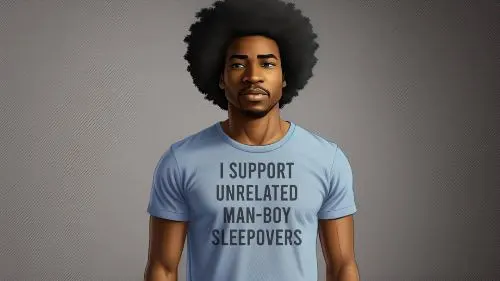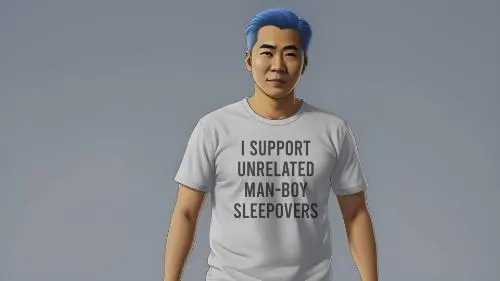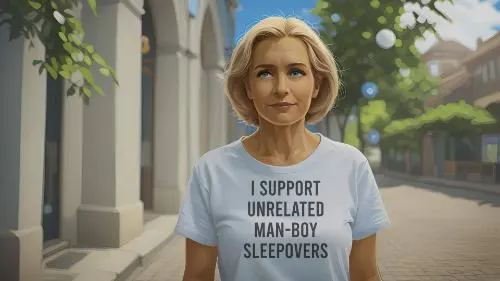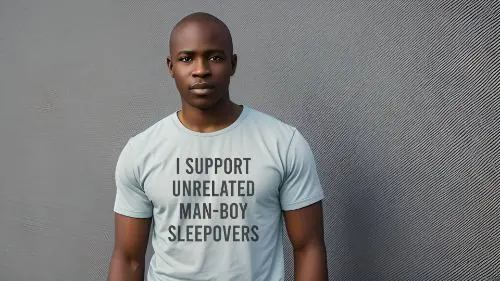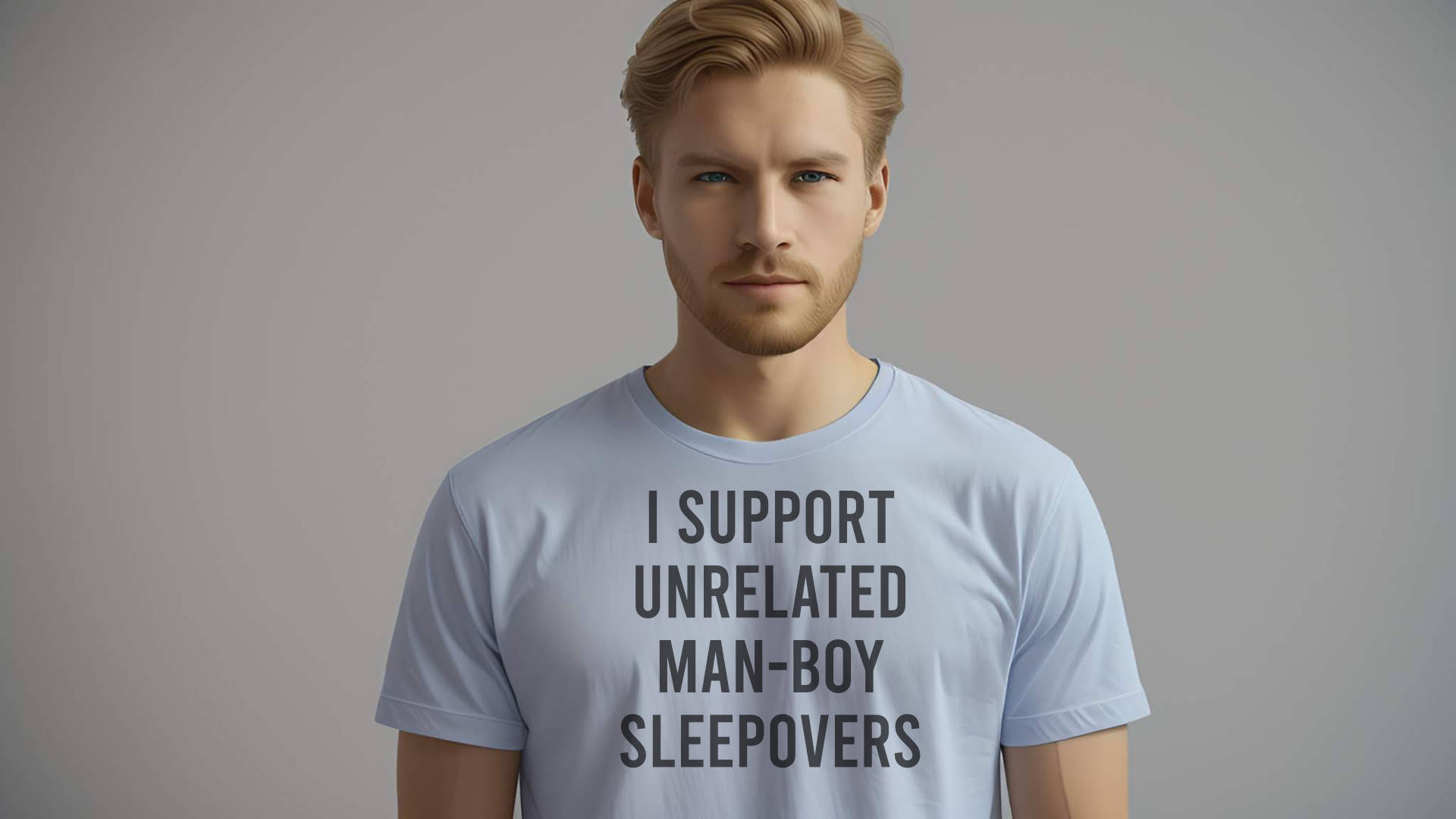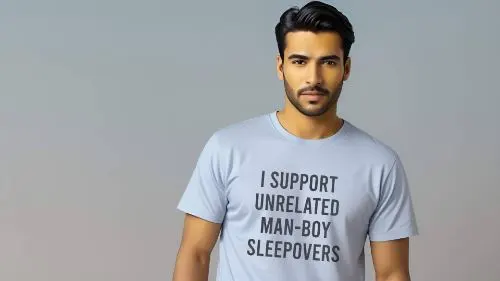To Michael Jackson's Apologists: Consider the Behaviour You’re Defending
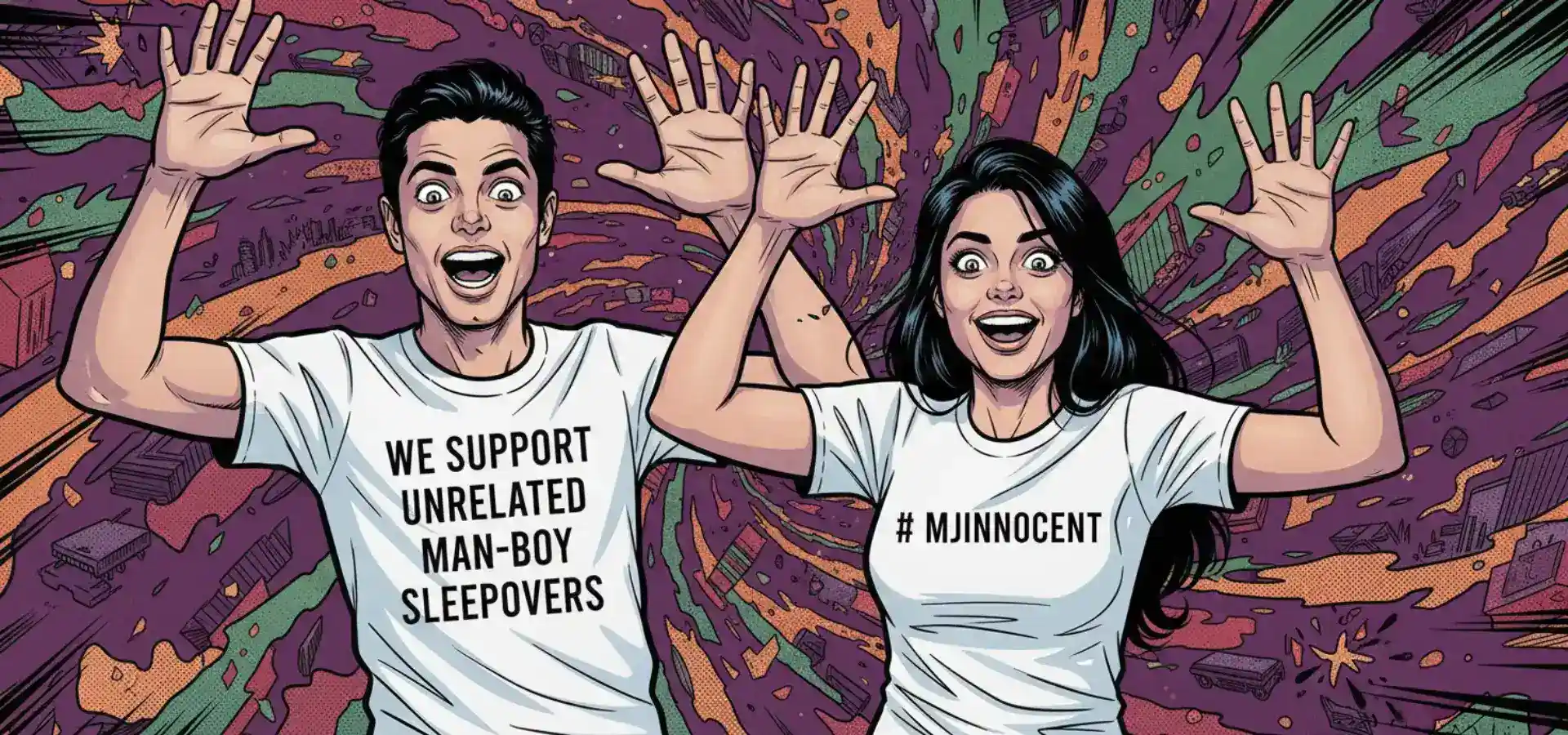
Mar 13, 2019
Are you one of those die-hard Michael Jackson fans who lash out at anyone who questions whether he was truly innocent? Do you find yourself joining campaigns—online or elsewhere—that aggressively seek to discredit or silence his accusers?
If so, perhaps it’s time to pause and seriously reflect on the nature of what you’re defending.
I know it’s difficult to form a clear understanding of Jackson. On one hand, he was adored around the world as a musical genius and cultural icon. On the other, serious allegations of child sexual abuse have shadowed his name for decades. It’s easy to feel pulled between those who describe him as kind-hearted and misunderstood, and those who have accused him of deeply inappropriate, even criminal, behaviour.
But here’s the uncomfortable truth: Michael Jackson was neither a monster nor a saint. He was a deeply complex individual, and yes, a man who—based on decades of evidence and concern—demonstrated an unhealthy fixation on young boys.
That wasn’t an isolated incident or a misunderstanding. He repeatedly invited unrelated young boys to spend nights with him, often one-on-one, behind closed doors. This continued even after allegations of child sexual abuse became public. His behaviour was, at the very least, alarming—and at worst, something far more serious.
You may buy into the idea that Jackson was just “reliving the childhood he never had.” There's no denying that he was a global star from a young age, subjected to adult related pressure by an abusive and demanding father. That much is true—and deeply sad.
But even if he was trying to reclaim a lost childhood, it raises a difficult question: How many other adults—traumatised or otherwise—think it appropriate to invite children into their bedrooms for sleepovers? Very few, and those who do, are most likely child predators.
To reinforce this point, let’s make this personal for a moment. Imagine you’re in your mid-thirties with children aged 8 to 12. Would you ever place an online advert inviting grown men or women who had difficult upbringings to come live in your home and sleep in the same bed as your children so they could “relive their childhoods”? Of course not—you’d be horrified at the very thought.
Here’s another scenario. Would you wear a T-shirt that says: “I support unrelated man-boy sleepovers” outside the school gates or to work? If not, then why defend that very behaviour when it involves someone famous?
You might point to Jackson’s public image—his Peter Pan persona, his Neverland lifestyle, his insistence that he simply “loved children.” But the reality is: neither you nor I actually knew him. And some of the people who did know him—up close and personally—have accused him of abuse. That cannot be erased by fan forums or nostalgia.
And let’s not forget how Jackson’s life ended: isolated, surrounded by enablers, and self-medicating to such an extreme that he ultimately died from a surgical anaesthetic normally used in hospitals. That isn’t the portrait of a healthy, innocent man—it’s the tragic ending of someone whose life had become desperately dysfunctional.
Now, let me be clear. I don't necessarily believe you're a bad person for vigorously defending Jackson and his questionable actions. I understand that many of you may have been influenced—perhaps even brainwashed—by a small but malicious group of individuals who dedicate their lives to spreading misinformation and conspiracy theories.
But consider this. One day, you might have to support a loved one who has been sexually abused—perhaps by someone whose behaviour mirrored Jackson’s. Would you respond with compassion and belief? Or would you turn to the same dismissive tactics used against Jackson’s accusers?
So, before you rush to defend Jackson once more—before you dismiss allegations or ridicule those who voice concerns—ask yourself this: if unrelated adult-child sleepovers seem wrong in every other context, isn’t it time to stop justifying them, even when it involves a famous celebrity?

